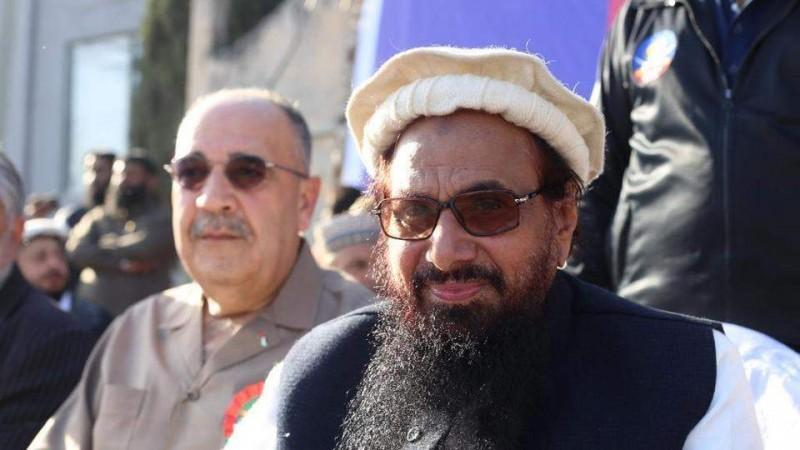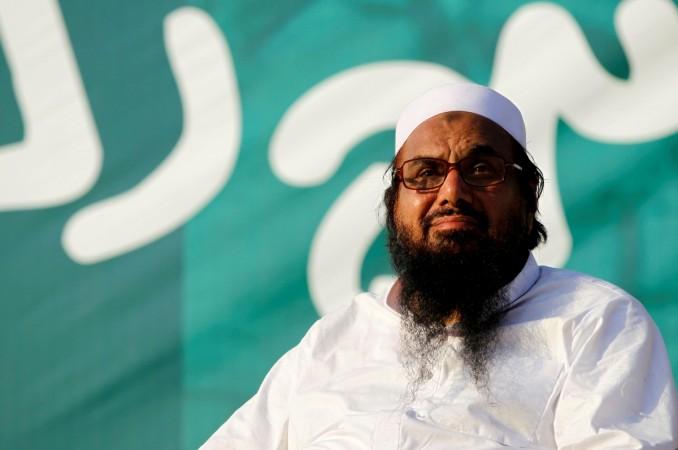A close associate of Lashkar-e-Toiba's (LeT) Hafiz Saeed, Mufti Qaiser Farooq, has been killed by the unidentified gunmen in Karachi, Pakistan.
Hafiz Saeed is considered to be the mastermind behind the 26/11 attacks in India.
Earlier this month, another cleric Maulana Ziaur Rahman, with ties to Lashkar-e-Taiba was also killed after he was fatally shot by two motorcycle-riding assailants during his routine evening walk in Karachi.
Sources said that Pakistani agencies are making significant efforts to portray both Zia ur Rehman and Mufti Qaiser as religious clerics with no connections to Hafiz Saeed and his LeT.

Previously, another individual linked to the ISI, Paramjit Singh Panjwar, who is the leader of the Khalistan Commando Force, was also killed.
In February, Hizbul Mujahideen suffered a blow when its launch commander and a close associate of Syed Salahuddin, Bashir Peer, was killed in Rawalpindi by unknown assailants near the ISI headquarters and the military garrison.
He was shot at close range and succumbed to his injuries on the spot.
Following these recent killings, Pakistan's ISI has relocated several of its "assets" to secure locations, causing unease within the country's military-industrial complex.
Approximately a dozen of these individuals have been moved to designated "safe houses" by the ISI.

The need for caution in safeguarding these assets became even more apparent due to the earlier killings of two additional Lashkar operatives: Abu Qasim Kashmiri in Rawalkot and Qari Khurram Shehzad in Nazimabad in September.
Rahman, a suspected terrorist associated with LeT, was reportedly killed on September 12, with local police discovering 11 cartridges, some of which were of 9mm caliber.
He had been operating as an administrator at Jamia Abu Bakar, a seminary used as a front for his terrorist activities.
The Pakistan Police labeled the murder as a 'terrorist attack,' suggesting the involvement of homegrown "militants." Additionally, investigators are exploring the possibility of gang rivalry as one of the potential motives for the assassination. Rahman's killing follows a series of attacks on religious preachers in Karachi, all linked to terror groups through the ISI, and involved in radicalising and mobilising youths towards India.
(With inputs from IANS)














